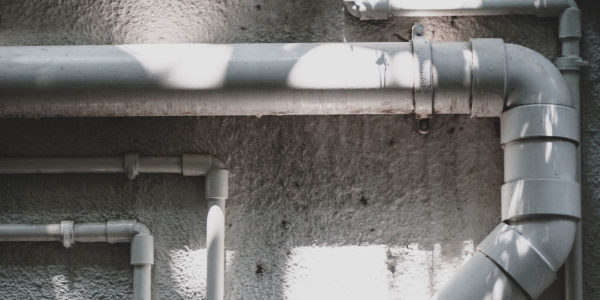In most piping systems, the pipes carry liquids that can wear on the pipes as time goes on. The surface of the pipes can start to deteriorate over time, which is called pipeline corrosion. It’s a common issue among metal pipes with metal corrosion costing the U.S. economy almost $300 billion each year. However, there are steps that can be taken to help prevent it or at the very least slow down the process. The longer it takes for the metal to corrode, the less often repairs and replacements are needed.
What Happens if Pipes Corrode?
Deteriorating pipes can lead to a number of issues, but the most common of problems is breaks and leaks in the piping system. Not only can this lead to water damage or dangerous chemical leaks, but it can also slow the down the function of your system. In cases where oil is being transported, it can cost a company a great deal of money in lost oil if it’s not handled. Pipe corrosion prevention measures should be put in place as soon as the new system is set up in order to avoid these issues from the beginning.
How Are Some Corrosion Protection Methods?
Pipeline corrosion protection systems can be put in place to keep your pipes in good condition. The first system that should always be used is simply having them cleaned regularly and keeping the areas around them cleared out. A lack of cleanliness and regular maintenance is one of the easiest ways to get corrosion.
It’s also possible to utilize corrosion inhibitors. These are chemicals that you can add to the liquids traveling through your pipes that will help decrease the corrosion rate of your pipes. There are multiple kinds available depending on what kind of fluids you are working with and they are all a good preventative measure to take.
Another option to prevent pipe corrosion is to use coatings. These coatings create a protective layer on your pipes to keep liquids from breaking them down. This process involves applying and curing the coating before you run liquids through the pipes in order for it to be effective.
Pipe corrosion prevention can also take place from the outside with the help of wear pads. They help keep out moisture and avoid metal on metal contact. They are easy to apply and a good measure to take for added protection.



Leave a Reply